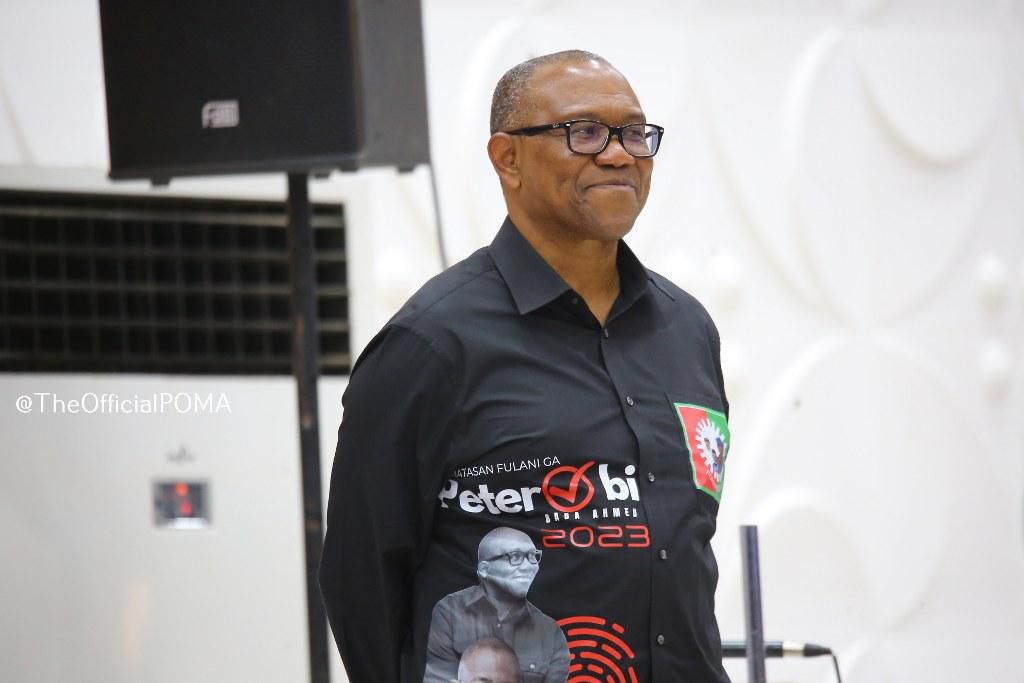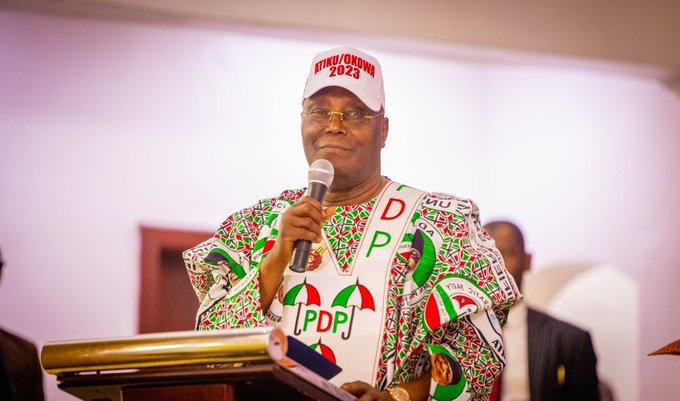Why Tinubu will be sworn in on May 29 despite court cases, explained
![Muhammadu Buhari raises Bola Tinubu's hand [Twitter/@officialABAT]](https://image.api.sportal365.com/process/smp-images-production/pulse.ng/26072024/925a7246-a510-4e7d-992f-b8925af2c93b?operations=autocrop(700:467))
On May 29, 2023, the eight-year reign of President Muhammadu Buhari will end, and the administration of Bola Tinubu will begin.
The former Lagos governor's inauguration has been a hot-button topic ever since the Independent National Electoral Commission (INEC) declared him the winner of the 2023 presidential election on March 1.
According to the official results, the candidate of the All Progressives Congress (APC) squeezed out of a tight contest to beat the candidates of the Peoples Democratic Party (PDP), Atiku Abubakar, and the Labour Party (LP), Peter Obi.
The messy, and still uncompleted, electronic transmission of the results from polling units cast a shadow over the election and has become a burden on Tinubu's legitimacy to assume office.
This has further been compounded by the petitions filed against his victory at the presidential election petition tribunal.
The claims against Tinubu

Five political parties, with or without their candidates, have called on the tribunal to overturn the result of the election or cancel it for a fresh one.
In Obi's petition, he said Tinubu was not qualified to contest, to begin with, due to his narcotics case in the United States. The former governor forfeited $460,000 to the United States government in 1993 after funds found in bank accounts linked to him were identified as proceeds of drug trafficking.
Obi, the third-place finisher, also claimed that the INEC-announced winner's failure to secure 25% of the votes in the Federal Capital Territory (FCT) nullifies his opponent's victory, as arguably implied in the constitution.
In a recent update on his original petition, Atiku said Tinubu's alleged secret ownership of a Guinean passport should disqualify him, a revelation that wasn't made public until after he won the election.

The summation of these issues and other controversies swirling around the president-elect has given gas to calls for him not to be sworn in at all.
The main argument for this spirited stand is that the court cases should be concluded before the inauguration.
But there's nothing in Nigeria's post-election process that can stop the May 29 ceremony.
It's due to how the system is set up.
Why Tinubu can't be stopped... for now
![Kashim Shettima (left) and Bola Tinubu (right) [Twitter/@officialABAT]](https://image.api.sportal365.com/process/smp-images-production/pulse.ng/26072024/49e4392a-5b43-47aa-8af5-a93a7a48dfb3)
The guidelines for the process used in contesting election results in Nigeria are contained in the Electoral Act 2022.
According to Section 132 of the Act, a losing candidate has 21 days after the declaration of the result to file a petition before an election tribunal, which is the Court of Appeal in the case of a presidential election.
The tribunal has a maximum of 180 days after the petitions are filed to deliver a judgement.
If the loser of the tribunal case is unhappy with the judgement, they have 14 days to file an appeal at the Supreme Court, which is the final decision-making court in Nigeria.
The Supreme Court has a maximum of 60 days to make a final ruling on the case.
When the days are tallied up, it takes an average of eight months for a petition to conclude.
This leaves a final Supreme Court ruling around October, five months after a new president has already been sworn in.
Considering a president-elect needs to be sworn into office on May 29, to avoid a power vacuum, this arrangement leaves many Nigerians uneasy — a feeling that's been heightened in the past few weeks with every new revelation that casts Tinubu in a bad light.
But the post-election process has worked this way since 1999.
Can this change?
The courts don't necessarily have to use up all the stipulated time maximums in the Electoral Act 2022, but they usually do because they're allowed to do so.
This creates an uncomfortable environment where petitioners are worried that the president-elect they have a case against can become president and gain some form of undue influence.
Changing this for the 2023 process is already too late, but an easy fix to prevent it from happening in the future is for federal lawmakers to amend the law.
The Electoral Act can be further adjusted to ensure that petitions conclude before inauguration day, not just for presidential elections but also for other elected offices.

)
)
)
)
)
)
)
)

)
)
)
)
)
)